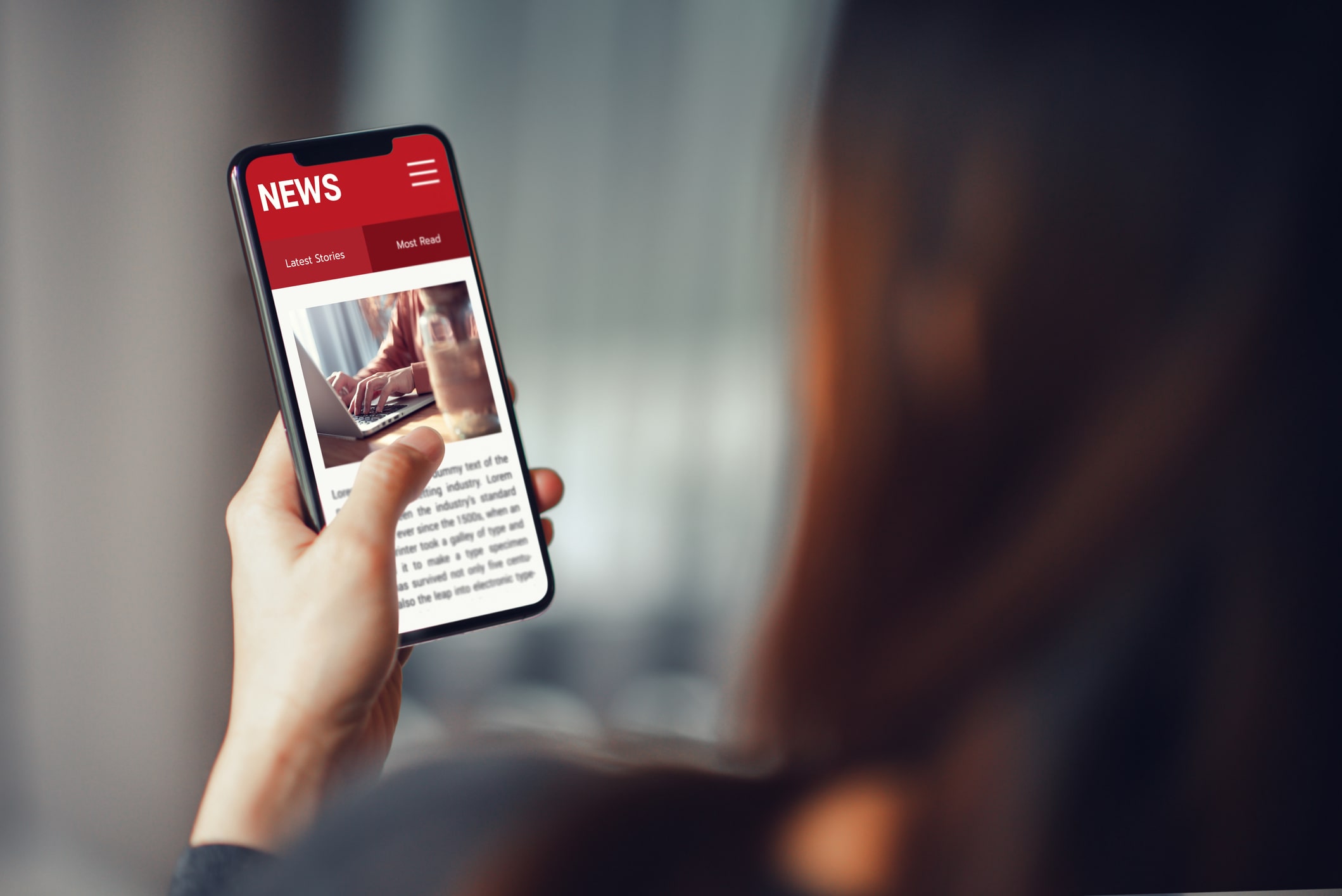Priory news and blogs
Read the latest tips, explainers and expert insights on mental health, addictions and eating disorders.
For press releases, please visit our media centre.

The latest round-up of Priory news and expert comment in the media. If you would like to find out more, please don’t hesitate to contact us.
At Priory, we want to ensure we provide the very best service to everyone we support. Your feedback is really important to us.